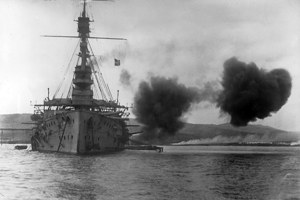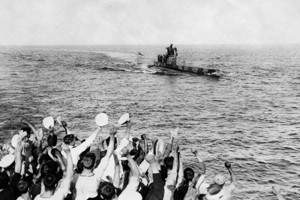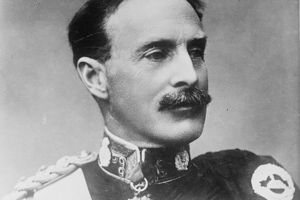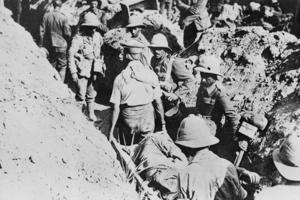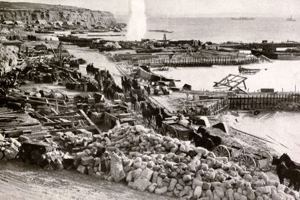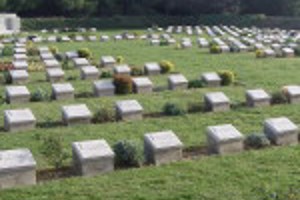The Campaign
This section picks up questions for discussion with your students, rather than providing an outline of the Campaign. You can find historical outlines on our Useful links page, and the useful ‘On this day’ account of the Campaign can be found here.
However a good starting point is this excellent 7 minute video introduction to the Gallipoli Campaign by historian Dan Snow.
The Gallipoli Campaign has raised many questions
Was it a bad idea in the first place? Was it ‘Churchill’s blunder’? If it was planned as a naval operation, could this have succeeded? Why did the land campaign fail? Was it down to poor leadership, the geography, the climate, disease? Why did the Turks prevail? How much of the ‘bad press’ was actually due to the news reporters?
What was unique about the Campaign? It was a combined invasion, involving all three services working together for the first time. It was the first time submarines were used effectively by the Allies. The evacuation was recognised – even by the enemy – as a brilliant operation. And what about the legacy of the Campaign? Did it change world history?
This section explores some of these questions.
-
At the start of the First World War, Winston Churchill was First Lord of the Admiralty, which meant he was the politician responsible for the Royal Navy. As a world maritime empire, Britain relied on its huge navy, so the position was an immensely powerful one in 1914. Was Churchill’s decision to send the navy to the Dardanelles a tragic mistake...
-
The British navy was the largest in the world at the start of the First World War, but even so it could not break through the defences set up by the Ottoman Turks in the Dardanelles Strait. What went wrong? How could they have succeeded? This section looks at the naval campaign at Gallipoli: the attacks in March 1915 and the part played by subma...
-
Submarines were new technology in the First World War, but at Gallipoli they played a major role. In fact it has been said that they were too good, and may have made the Campaign last longer than necessary. Although the navy didn’t manage to break through the minefields in the Dardanelles, a few submarines got through and began to sink Turkish...
-
‘Lions led by donkeys’? It’s an old saying, describing the useless generals (‘donkeys‘) leading the brave soldiers (‘lions‘). Generals have always been criticised, especially if they lose! They were most certainly as brave as their men - at Gallipoli there was no chateau rest areas and several generals were killed or wounded in action during the...
-
Besides the impossible landscape and the poor planning, a major factor in the defeat at Gallipoli was illness. ‘After over three months of fruitless and costly attacks on the Turkish positions defending Krithia and Achi Baba, living conditions in the Helles beach-head were almost unendurable; thousands of unburied corpses lay between the opposi...
-
By September 1915, after five costly months, it was obvious to the Allies that the Gallipoli Campaign had ground to a halt, just like the Western Front. The generals decided to evacuate. However this could have been very dangerous: the Turks knew that if the Allies got away they could regroup and attack again. Also the sight of an enemy retreati...
-
Nobody knows exactly how many people went to fight at Gallipoli, and how many of them were killed and wounded. The figures on this page are the best estimate from recent research by the Gallipoli Association. The Allies sent about 559,000 personnel during the whole campaign, of whom 420,000 were British and Empire troops, 80,000 French, 50,00...


